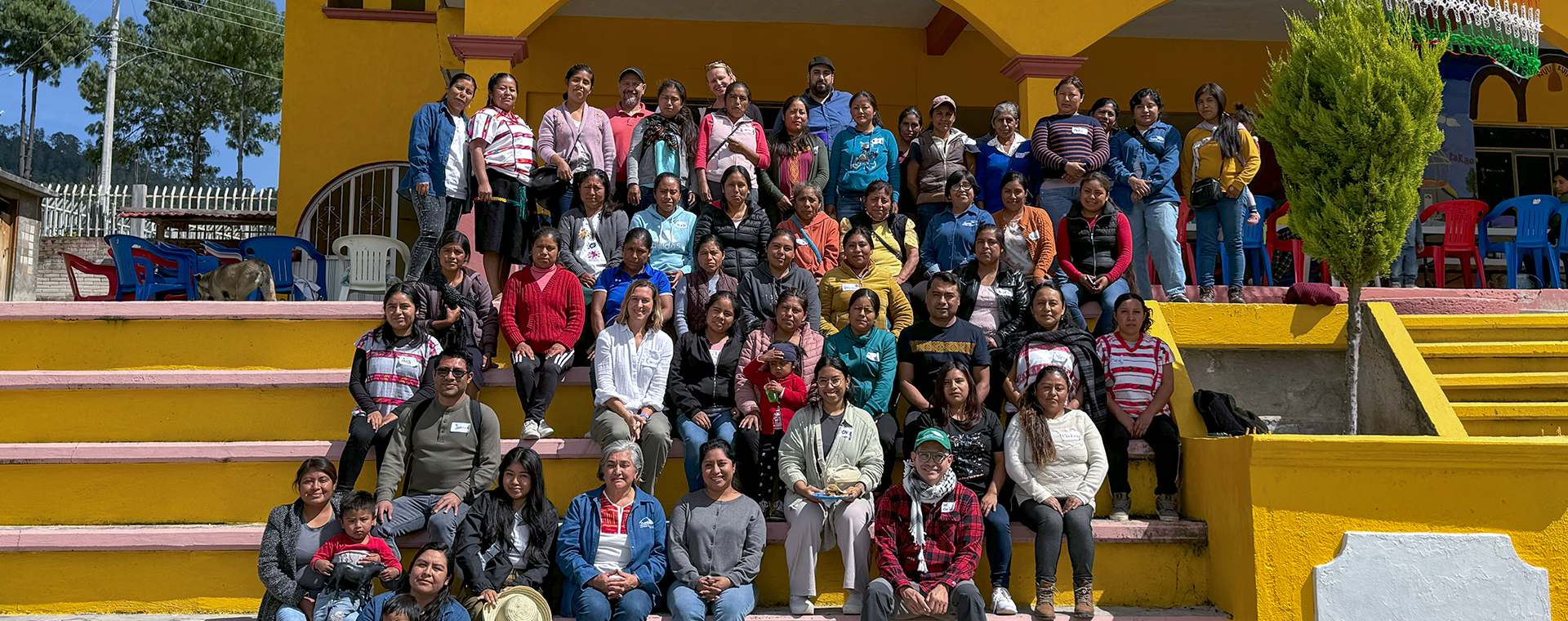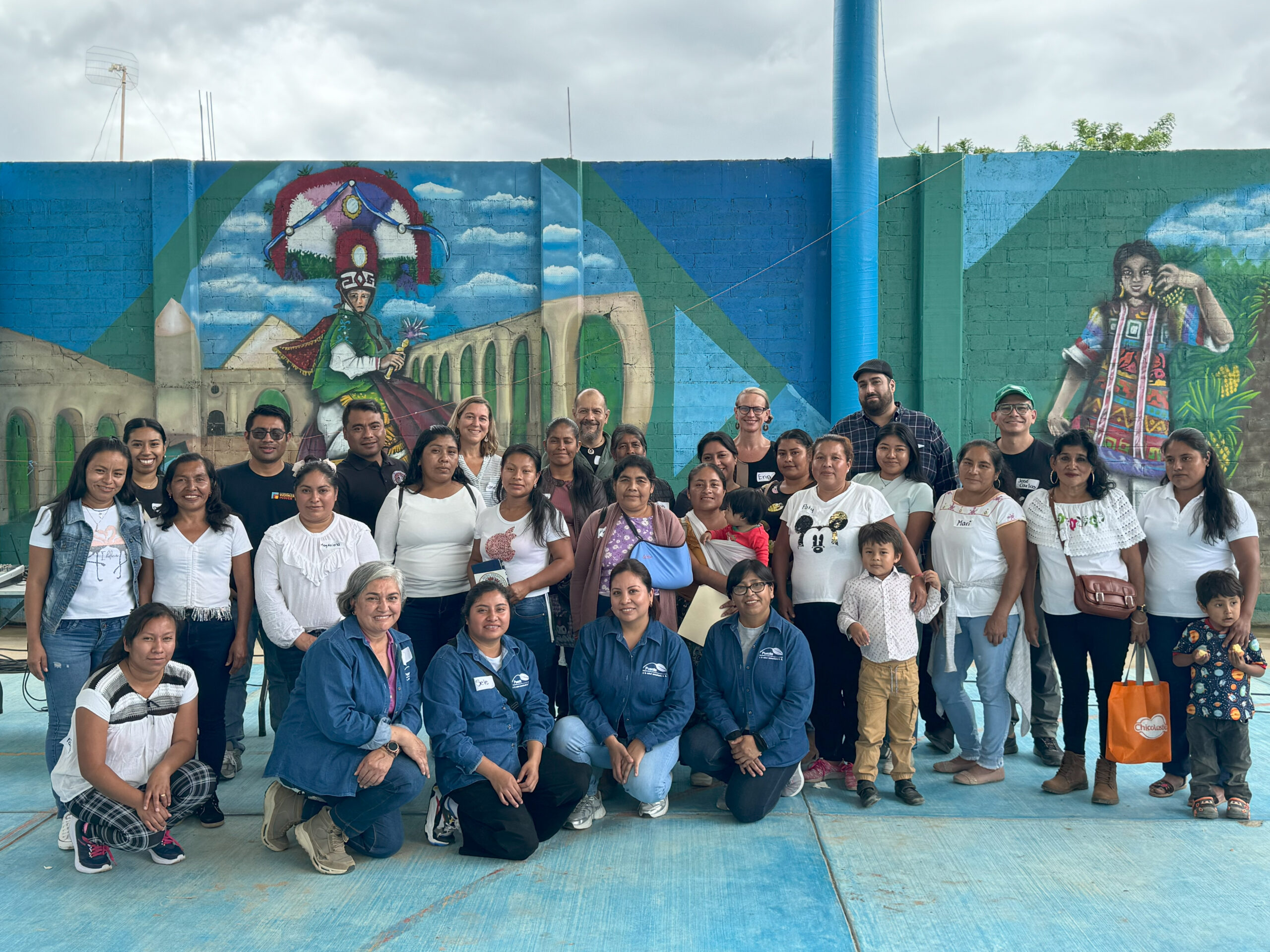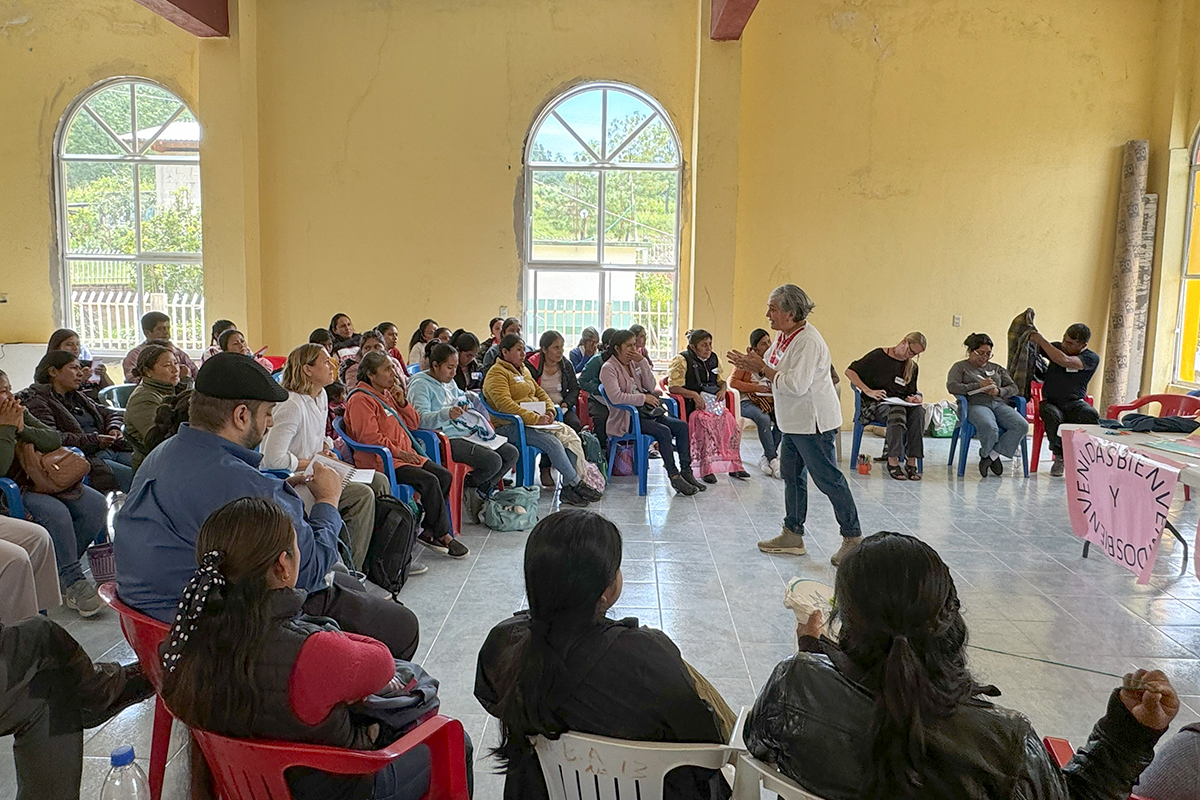In 2024, Puente joined the ‘Solidarity Across Borders’ project, a binational initiative aimed at reducing inequalities and enhancing the health and resilience of Indigenous Mixtec and Zapotec farmworkers living in California and Oaxaca.


In 2024, Puente joined the ‘Solidarity Across Borders’ project, a binational initiative aimed at reducing inequalities and enhancing the health and resilience of Indigenous Mixtec and Zapotec farmworkers living in California and Oaxaca.
The back-breaking labor of day workers makes fresh fruits and vegetables available to the public. Yet, these workers often live in conditions that restrict their own access to healthy food. Their status as migrants further exposes them to a wide range of human and labor rights violations—conditions that disproportionately harm women, especially in terms of gender inequality.
“Ñuu Saavi” harnesses the knowledge and active participation of the communities themselves to develop meaningful solutions. By connecting Indigenous populations and community-based organizations across the U.S. and Mexico, it promotes engagement and mutual learning to address long-term challenges. The initiative co-designs, tests, and documents approaches to bring together communities and partners on both sides of the border.
«Puente bring two decades of experience in grassroots work focused on food security, women´s rights, and labor rights, along with a proven methodology developed and refined through community-based initiatives»

Thanks to the participants—mainly young women, mothers, recognized community leaders, or individuals involved in various health and/or educational spaces—we gathered valuable insights into the dynamics of decision-making and community participation that affect their lives. These dynamics often have inequitable impacts, especially as these women take on caregiving roles within migrant families. The findings also highlight a shift away from traditional diets within the migrant community, leading to a decline in food quality, along with extremely limited access to healthcare services on both sides of the border.